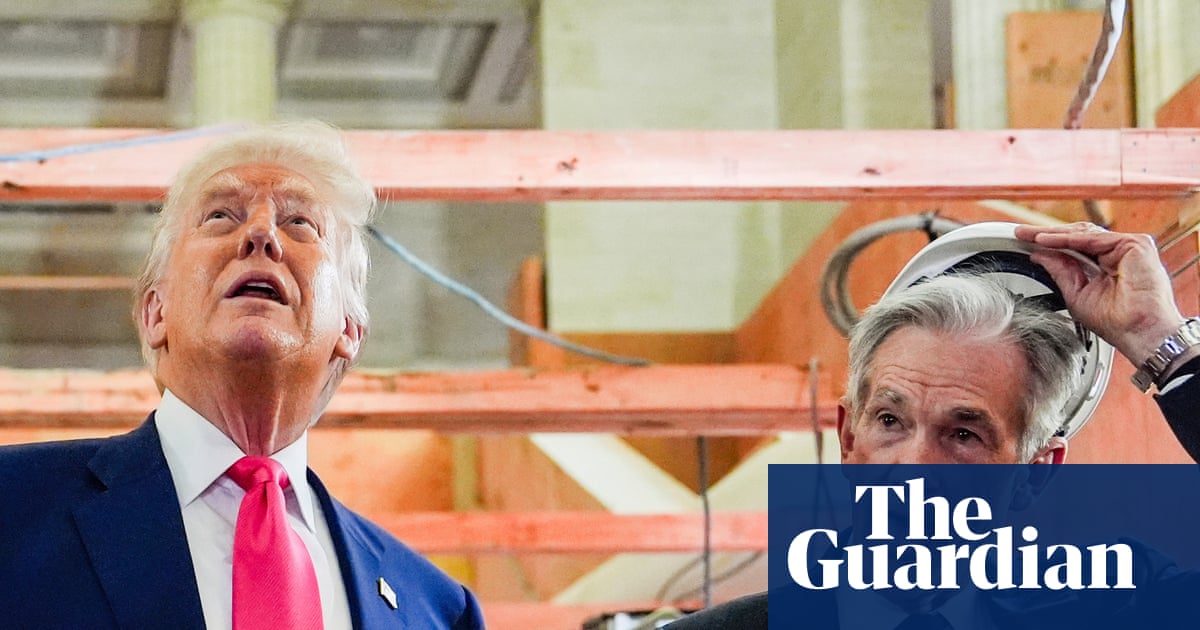T4K3.news
Trump signs executive order on college sports
The order aims to stabilize college sports amidst ongoing legislative delays.

NCAA and conference leaders emphasize the need for federal legislation on college sports.
Trump signs executive order aimed at reforming college sports
President Trump signed an executive order intended to stabilize college sports, responding to delays in Congress regarding compensation for athletes. Observers noted that while the order echoes the bipartisan SCORE Act, it may not enforce substantial changes without further legislative support. NCAA leaders welcomed the executive order as a step forward but highlighted the critical need for federal regulations to fully address the issues facing schools and athletes. The order seeks to protect women's and Olympic sports and challenges the employment status of college athletes, yet critics sound alarms about its enforceability. The administration has linked compliance to federal funding, adding pressure on public institutions amid ongoing funding changes. Consequently, while the order creates momentum, its long-term impact relies heavily on future legislative action.
Key Takeaways
"This executive order builds on the momentum created by the bipartisan SCORE Act."
A joint statement from major college conferences expressing support for the executive order.
"It's notable in that its policies are fully consistent with the NCAA’s long-standing asks from Congress."
Gabe Feldman remarks on the alignment of the executive order with NCAA requests.
"Tying compliance to federal funding creates a big stick for public institutions."
An athletic director comments on the implications of the order's directive regarding funding.
"The possibility of a presidential commission to address college sports is still on the table."
The article discusses potential future steps for the Trump administration in reforming college sports.
The president's intervention underscores a growing urgency to address systemic issues in college sports that have persisted for years. While an executive order can draw attention to these challenges, it falls short of delivering the concrete changes necessary for athletes' rights and financial protections. The NCAA has repeatedly called for clarity and consistency from federal law, hinting that piecemeal measures may lead to political friction and further legal disputes. The executive order's link to federal funding could reshape the compliance landscape, but it may also intensify scrutiny over state-level initiatives that diverge from NCAA guidelines. Thus, the college sports environment remains precarious, requiring collaboration and genuine legislative dialogue to achieve lasting reform.
Highlights
- College sports need a national solution to prevent deterioration.
- An executive order alone won't deliver solid long-term solutions.
- Linking compliance to funding could reshape college athletics.
- The future of college sports remains uncertain and contentious.
Risks associated with executive order on college sports
The executive order may create conflict between federal requirements and state laws, increasing tensions in college athletics. The potential for legal challenges against states may further complicate the landscape, creating instability for schools.
As the landscape of college athletics evolves, the balance between federal and state laws will be closely monitored.
Enjoyed this? Let your friends know!
Related News
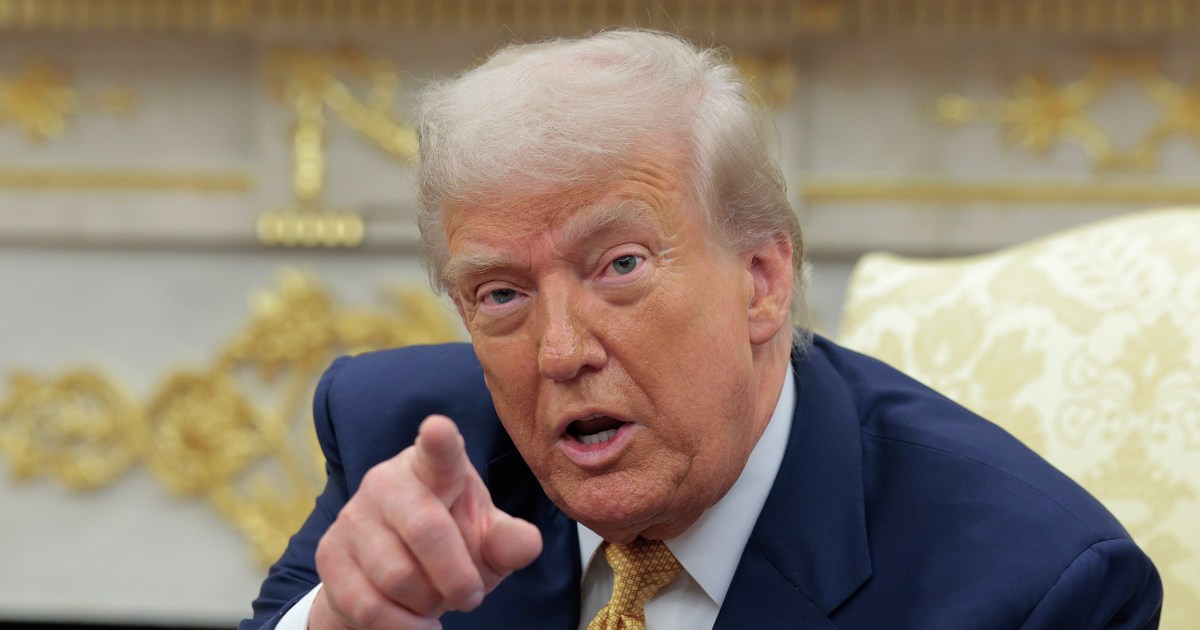
Trump signs order to limit payments to college athletes
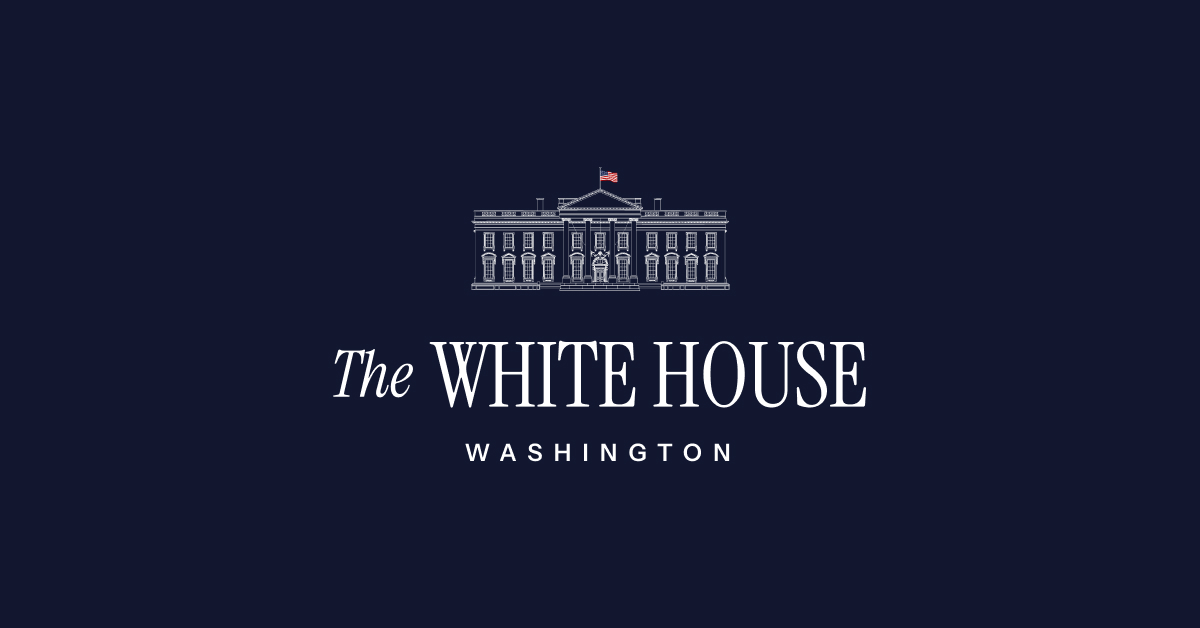
Trump Signs Order to Protect College Sports

Trump issues order affecting NCAA athletes
Trump issues order to clarify college athletes' employment status

Trump signs executive order impacting college sports
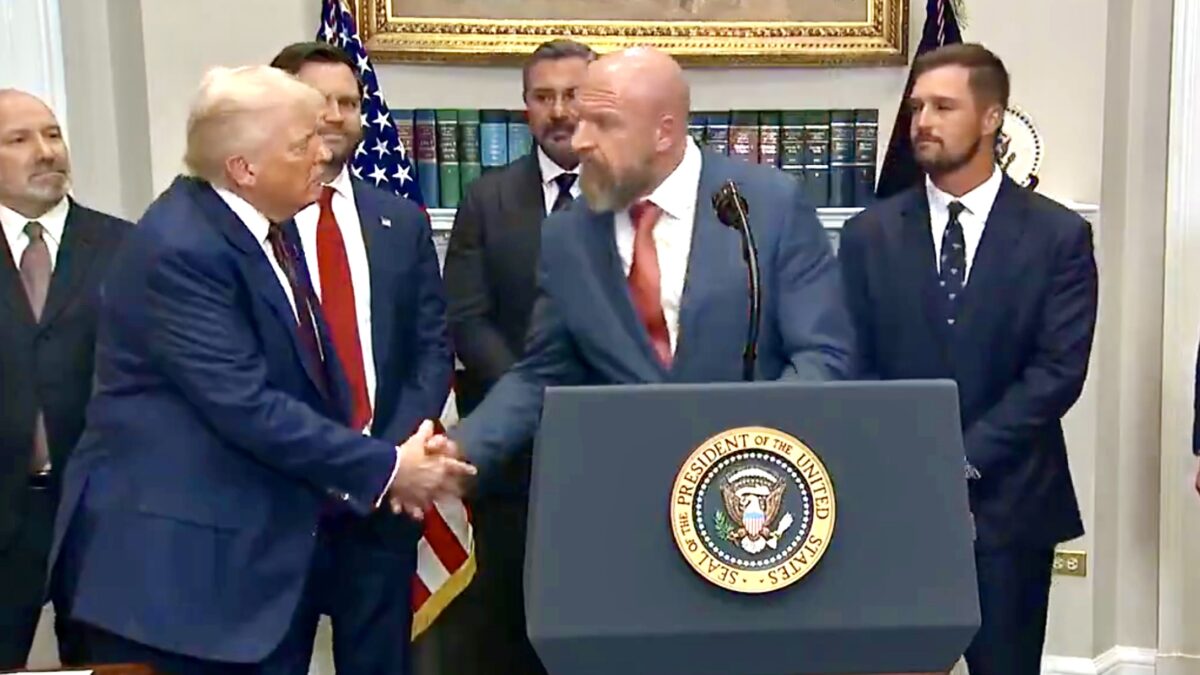
Triple H Attends White House for Sports Council Expansion
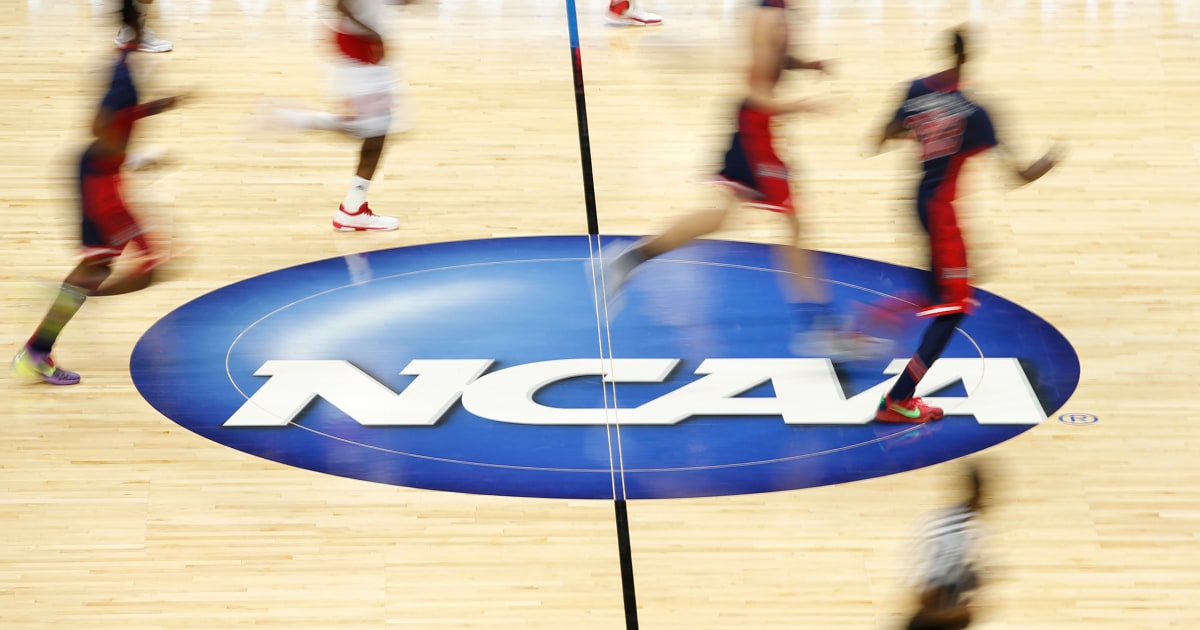
Trump issues executive order on college sports
